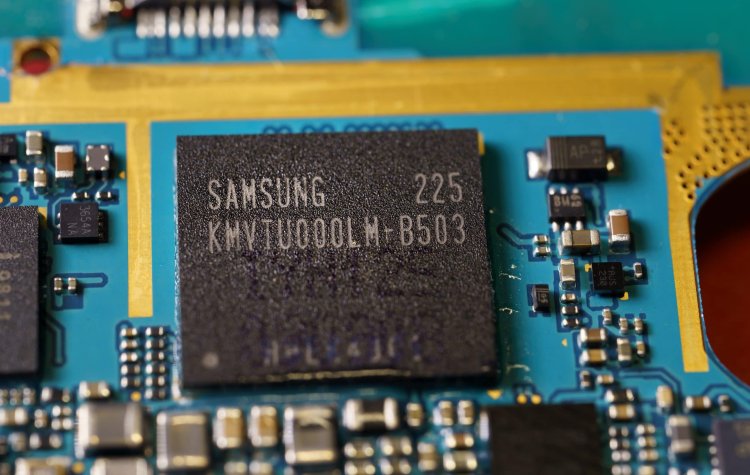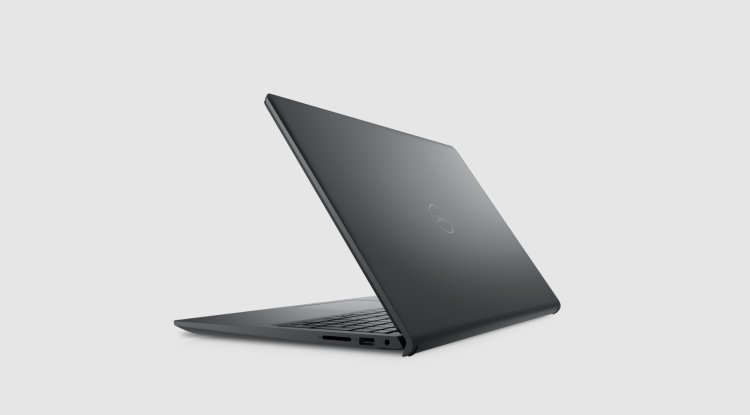Samsung: Exynos is not enough

Samsung has a great deal of experience in the manufacture of processors. Despite this, they are not always flawless - many consumers are dissatisfied with Exynos. South Korean maker wants to change that, announcing that he can design a system that would only work with Galaxy series handsets.
For long years, Koreans have designed and manufactured Exynos processors. They were also adopted by other manufacturers, including Meizu, Motorola, and Vivo, however, in terms of volume, they remained in the minority.
Samsung does not shy away from third-party systems; it typically uses the Snapdragon and SoC MediaTek mobile platforms, but UNISOC can also be found in its smartphones (for example, in the Galaxy Tab A8 2021 tablet ).
According to the inews24 website, Roh Tae-moon, President & Head of MX Business, indicated last month during a closed conference with staff that Samsung could design a processor just for Galaxy devices. Following this news, one employee inquired as to how the software performance limit would be addressed.
This is the Game Optimizing Service (GOS) function, which made it hard to use the device's maximum computing capability in order to avoid excessive power consumption from the battery and overheating, resulting in performance decreases (the so-called throttling phenomenon).
The most serious offense committed by Samsung was that it did not immediately warn customers about it, which resulted in a barrage of criticism. Especially while evaluating the smartphone in benchmarks, full performance was available.
The manufacturer has provided an update that allows you to disable this (formerly mandatory) function and utilize the Galaxy S22 to its full capacity.
Developing your own custom processor for the Galaxy might help to avoid similar occurrences in the future. Currently, Samsung employs two distinct SoCs in one line of flagship handsets (Qualcomm Snapdragon and Exynos) and must change the software in both situations to ensure that the devices function similarly.
It must, in particular, optimize the demand for electricity from the battery at the same time. Probably the need to keep these two essential features in check motivated the manufacturer to deploy GOS, albeit in the worst conceivable way, as previously stated.
Surprisingly, it is reported that the next generation of the Galaxy S series will also be fitted with MediaTek systems, complicating Samsung's life and providing work for the engineers it employs.
The development of a new, fully new, and "unique" SoC takes time, but the Koreans have vast experience in this field, which should greatly assist them and decrease the time required to construct a finished system.
If Samsung takes on and completes this initiative, it will follow in the footsteps of Apple, which has been doing so for many years. There will be comparisons to Google, despite the fact that the Tensor processor, which was used in the Pixel 6 and Pixel 6 Pro devices, was created in close collaboration with Koreans (it is even said that it is a disguised, unreleased Samsung Exynos).
As a result, it is stated that they can also seek assistance from Qualcomm or MediaTek. At the same time, they might devote their efforts to System LSI, a division of Samsung Electronics.
However, for the time being, Samsung has not given any other information regarding the new processor, which will only be available for the Galaxy - the situation is still in the works.




























